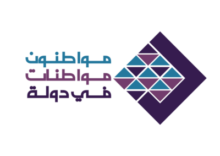Negotiating with the IMF
After the IMF mission held 14 meetings with the Lebanese government team, two official statements were issued stating that the government’s plan represents a good starting point for ongoing negotiations, and that the IMF staff’s preliminary view is that the reform program ranged closely in its estimates with the assumptions presented. Rumors about replacing the Governor of Banque du Liban, Riad Salameh, circulated until June 12, 2020, but his replacement was not put on the agenda, while Parliament Speaker Nabih Berri made the statement – after a meeting that included him, President of the Republic, Michel Aoun, and Prime Minister Hassan Diab in Baabda – about three decisions. First, the devaluation of the dollar against the Lebanese currency, and secondly, addressing the International Monetary Fund in one unified language, sponsored by Parliament, and finally keeping Riad Salameh in his position.
The actual reality of the economic collapse triggered a spontaneous anger dynamic, followed by a security dynamic and then an institutional one, with the state declaration of default and preparations for negotiations with the International Monetary Fund.
In response to these moves, the “Citizens in a State” movement, with 30 political groups, organized a march around a clear slogan: “The alternative exists, a transitional government with legislative powers, that establishes the legitimacy of a civil state.”
Events followed, with Hezbollah Secretary-General Hassan Nasrallah declaring that Lebanon should head east, and led to the resignation of the first advisor to the Minister of Finance.
